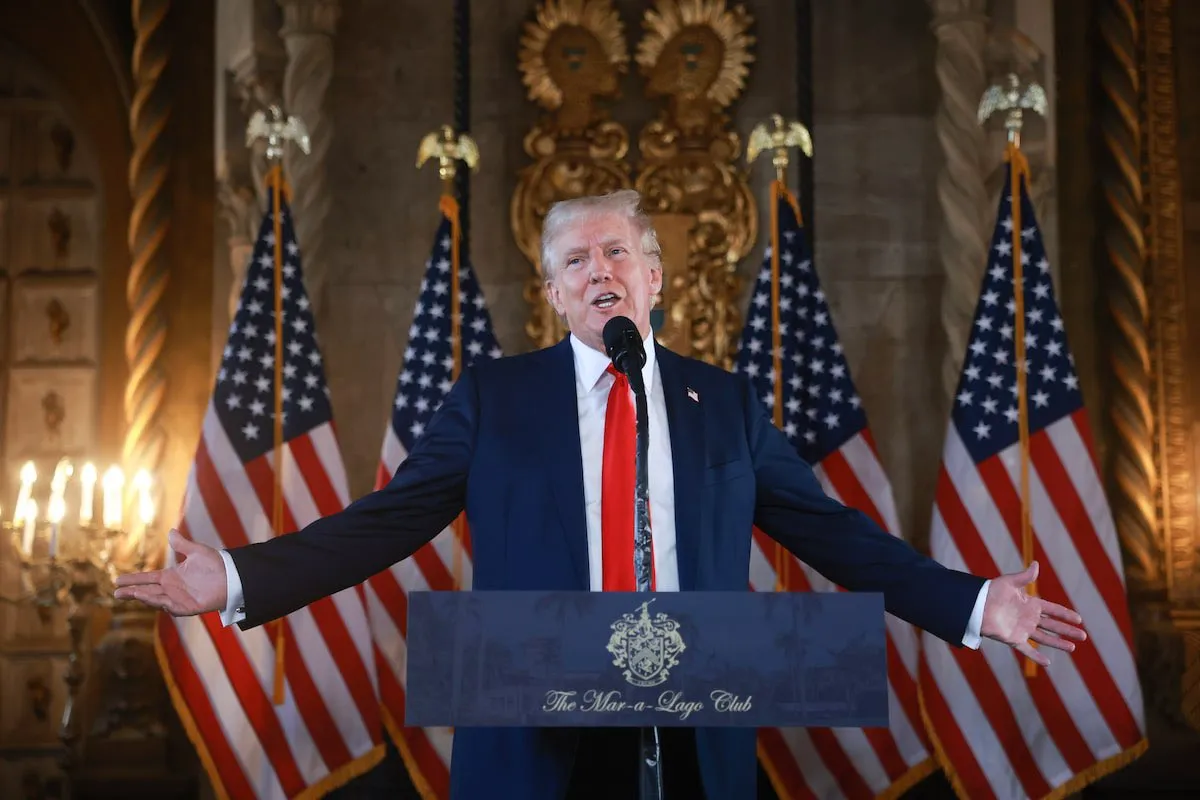Washington D.C., Jan 20: Shortly after returning to the White House, President Donald Trump signed several important executive orders that significantly change many policies established by Joe Biden’s administration. These new decisions impact areas like immigration, global relations, energy, and governance. The sweeping actions have already sparked heated discussions across the U.S. and the world.
Ending Automatic Citizenship at Birth
One of the most controversial decisions made by President Trump is to stop granting automatic U.S. citizenship to children born in the United States if their parents are not U.S. citizens.
Under this new policy, for a child to be a U.S. citizen at birth, at least one parent must:
- Be a U.S. citizen,
- Hold a permanent residency card (commonly known as a green card), or
- Be actively serving in the U.S. military.
This change challenges the longstanding practice under the 14th Amendment, which automatically granted citizenship to anyone born on U.S. soil regardless of their parents’ immigration status. Federal agencies have been directed to implement this policy within 30 days, raising questions about how it will affect families and newborns moving forward.
Also Read: India to Repatriate 18000 Illegal Migrants from the US to Strengthen Bilateral Relations
Withdrawal from the WHO
Trump announced that the United States will no longer be a member of the World Health Organization (WHO). He blamed the organization for mishandling the COVID-19 pandemic and accused it of being overly influenced by China.
In his statement, Trump argued that the WHO had failed to provide clear and accurate guidance during the pandemic, causing unnecessary harm. The withdrawal reflects Trump’s broader approach to reducing U.S. involvement in international organizations he views as ineffective or biased.
Exiting the Paris Climate Agreement
President Trump also began the process of withdrawing the United States from the Paris Climate Agreement, an international pact aimed at reducing global carbon emissions. He stated that the agreement unfairly disadvantaged American businesses and workers.
To support traditional energy industries like coal, oil, and gas, Trump declared a “national energy emergency” and removed several regulations that had limited fossil fuel production. He emphasized that these actions would help create jobs and strengthen America’s role as a leading energy producer. However, critics warn this move could harm global efforts to combat climate change.
Immigration and Border Policies
Immigration policy remains a major focus for Trump. He declared a national emergency at the U.S.-Mexico border, claiming that the country faces an “invasion” due to illegal immigration.
In addition to deploying troops to the border, Trump has directed federal agencies to review trade agreements with Mexico, Canada, and China. He has proposed new tariffs of up to 25% on goods imported from Mexico and Canada, which could take effect starting February 1.
Other Major Announcements
- TikTok Ban Delay: Trump announced that enforcement of a ban on the Chinese-owned app TikTok would be delayed by 75 days. This extension provides time for negotiations and efforts to address security concerns about the platform.
- Return to In-Person Work: Federal employees are required to return to their offices for full-time, in-person work. There will be limited exceptions for employees with specific health or family challenges.
- Gender and Free Speech Policies: New executive orders were signed to promote free speech and officially recognize only two genders—male and female—in U.S. government policies.
- Pardons for January 6 Rioters: Over 1,500 people involved in the January 6 Capitol riots were pardoned. Trump justified this action by stating that many individuals were treated unfairly under the previous administration.
- Renaming the Gulf of Mexico: Trump controversially proposed changing the name of the Gulf of Mexico to the “Gulf of America,” a move that has drawn significant attention and criticism.


